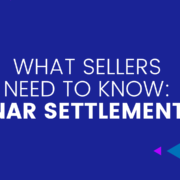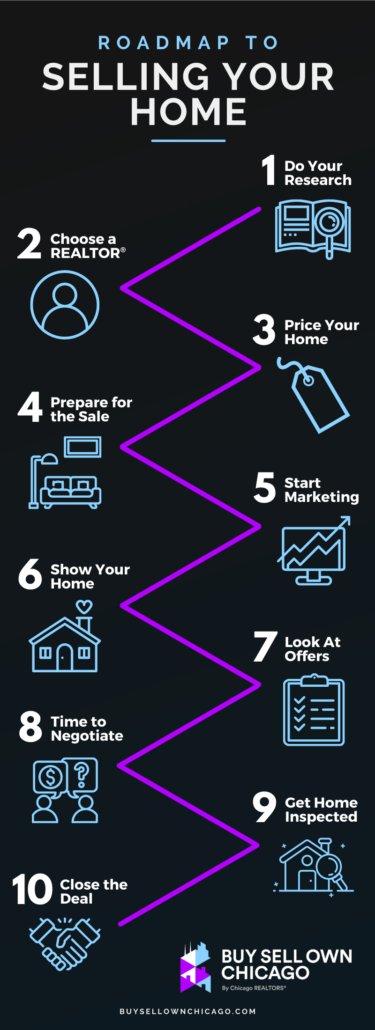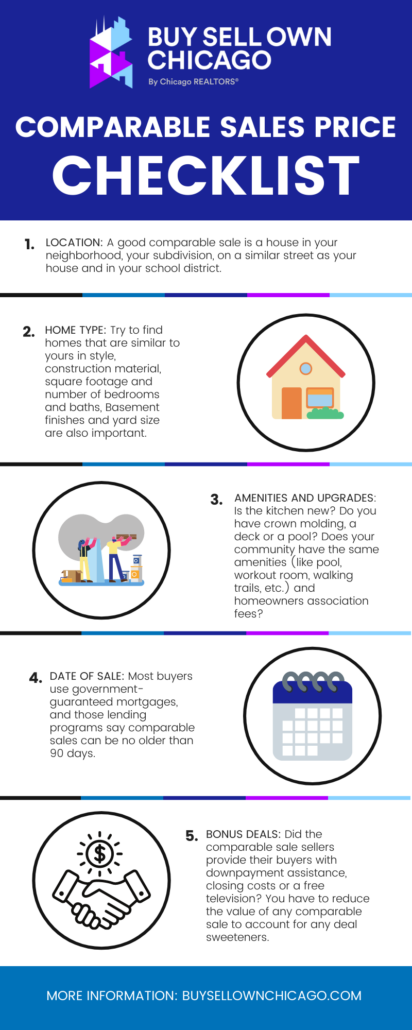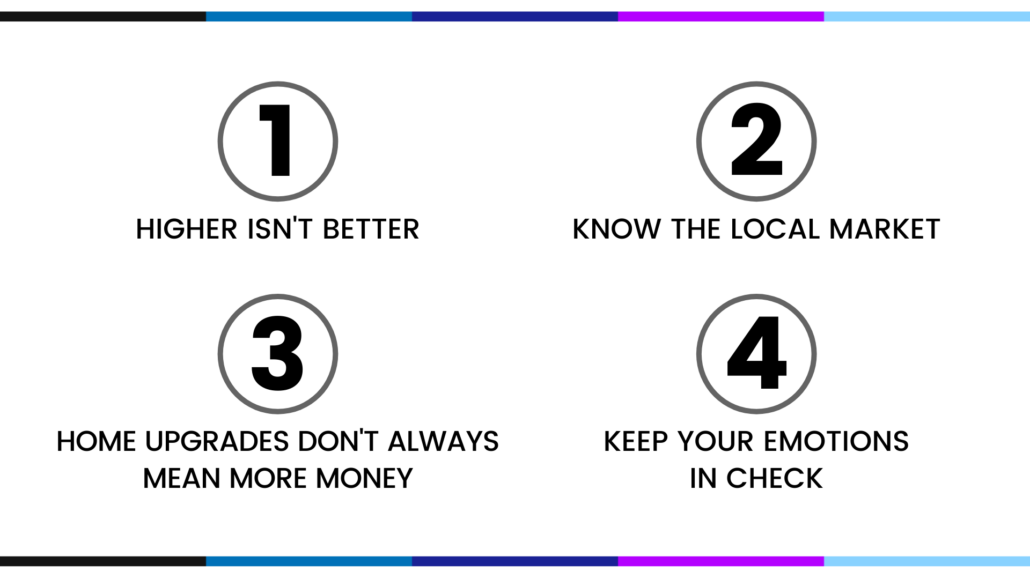Offers of Compensation: What You Need to Know
As a home seller, you have a wide range of choices when deciding how to market your property. This includes whether you’d like to offer—or authorize your REALTOR® to offer—compensation to a buyer’s agent as a way to attract potential buyers. Here’s what you need to know as you consider your options related to offering compensation.
What is an offer of compensation and why make one?
An offer of compensation is when you—the seller—or your REALTOR® compensate another agent for bringing a buyer to successfully close the transaction. Offers of compensation help reduce out-of-pocket costs for prospective buyers, which in turn may bring more potential buyers for the transaction. These costs can be especially significant for first-time buyers, lower- to middle-income buyers or those from underserved communities.
Are offers of compensation mandatory?
No. It is up to you to determine if making an offer of compensation is the best approach for selling your property. REALTORS® are here to help answer your questions and guide you to make a decision that works for you.
As a seller, does my REALTOR® need my permission to offer compensation to a buyer’s agent?
Yes. Your REALTOR® can only offer compensation or make a payment to a buyer’s agent if they have your written approval and sign-off on the amount.
What types of compensation can I offer?
There are many options available to you as a seller to discuss with your REALTOR®. These could include a flat fee paid directly to the buyer’s agent or allowing your REALTOR® to share a part of their compensation with the buyer’s agent. Beyond compensation, you could also consider offering a buyer certain concessions, such as covering closing costs, to make the total home purchase more affordable for them.
How will a buyer’s agent know if there is an offer of compensation?
Offers of compensation can be advertised in many ways. If you approve an offer of compensation, it can be shared through common marketing methods such as flyers, signs, brokerage websites, social media posts or simply through a phone call or email. Offers of compensation cannot be listed on Multiple Listing Services (MLSs), online platforms that compile home listings from many different sources.
Do I have to advertise an offer of compensation if I decide to make one?
No, it’s up to you to decide. Advertising can help get the word out to bring more buyers to the table, but you can also choose not to advertise and instead negotiate the offer in a purchase agreement.
What are concessions?
A seller concession is different than an offer of compensation. It is when a seller covers certain costs associated with purchasing a home for the buyer. Concessions can make home ownership more accessible for buyers by reducing upfront expenses. These can cover things like some transaction costs or property repairs.
How do I know what option is best for me?
When you work with a REALTOR®, you are working with a professional guided by ethical duties under the REALTOR® Code of Ethics, including the pledge to protect and promote the interests of their clients. Your agent will work with you to weigh your options, answer questions and develop a strategy you are confident in.














